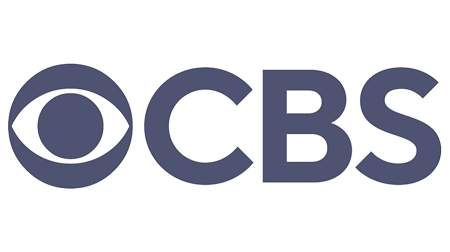Hope you are all doing well. The markets couldn’t keep the positive momentum this week and all three major averages finished down for the week. The S&P was the worst performer down 1.2%. The Johnny Depp/Amber Heard trial concluded this week. I have broken down this week’s news using some of the noteworthy quotes from the trial.
Inflation has Americans stressed. Surging gas prices are less than ideal as we head into summer. According to AAA, the national average for a gallon of regular unleaded gas in the United States right now is $4.81. It will get worse before it gets better. The forecast is only pointing toward higher numbers throughout the summer driving season. J.P. Morgan is forecasting a national average for a gallon of regular unleaded gas to hit $6.20 by Labor Day.
It sure feels like a happy hour for the energy sector. The sector rose another 6% this week. Does that mean you should get in? Short answer-no. Energy prices can swing widely and rapidly, depending on the state of the global economy. For example, over the past 10 years the price of crude oil has gone from as high as nearly $110 a barrel to as low as less than $20 a barrel at the start of the Covid-19 pandemic with oil futures briefly turning negative. The value of energy stocks tends to correlate with energy prices, making these investments more volatile and potentially riskier than stocks in other sectors. Companies need to make big investments to make profits. It takes considerable resources to drill for new oil wells. These companies also carry extra regulatory risk as global leaders could enact more regulations limiting the use and production of fossil fuels.
Jobs are abundant for anyone who wants them, maybe even lead roles in Aquaman or Pirates of the Caribbean. The economy added 390,000 jobs in May, exceeding consensus expectations of 322,000. The largest gains were in the leisure & hospitality industry (+84,000) while other notable areas of strength were business services, construction, and manufacturing. Strong hiring in the leisure sector shows that consumption’s shifting back toward the services sector, after an extended period of disproportionate consumer spending on goods. The unemployment rate held steady at 3.6% in May, the best rate since the pandemic and just a shade above a half-century low. No recession in the last 50 years (excluding the pandemic) has begun with an unemployment rate below 4%. The average unemployment at the start of a recession was 5.5% and the lowest was 4.3% at the onset of the 2001 recession.
My calendar link is below. If you haven’t scheduled a review or if you are feeling nervous and just want to have a quick call to discuss your investments please use the link and schedule a time.





